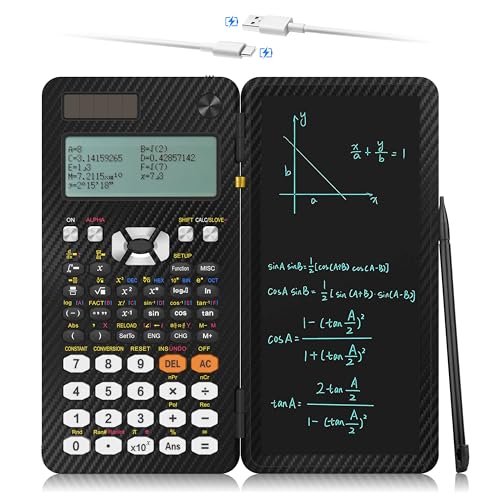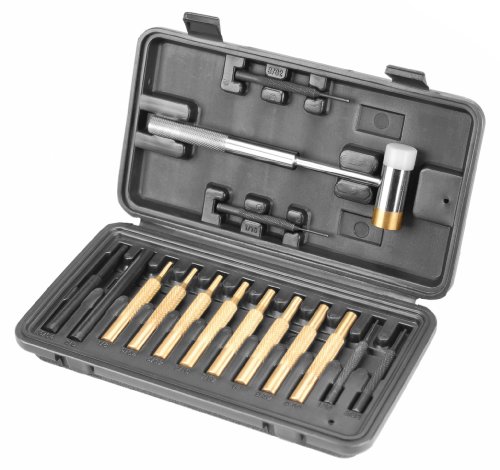MyBeardAndMe
Well-known member
- Joined
- Jan 24, 2015
- Messages
- 50
- Reaction score
- 8
I left thinking it was pretty challenging, but I thought I did okay. Today I am thinking I may have to take it in October.
I got home and looked up a number of questions that I remembered struggling on. I already know I missed 8 questions.
I felt that the practice exams weren't very similar to the actual exam. The NCEES practice exam was similar in difficulty. In terms of material covered, there were huge chunks of what I studied that didn't even appear on the exam, while other areas that I barely touched on appeared more than I expected.
I used Wildi to help answer one question that I wouldn't have know otherwise. Graffeo was kind of a let down. Camara I used as I expected.
On the plus side, I do have a number of new resources to add to my binder if I do have to take it again. Does NCEES carry over even a small percentage of the same questions between exams, or are they completely new each time?
I got home and looked up a number of questions that I remembered struggling on. I already know I missed 8 questions.
I felt that the practice exams weren't very similar to the actual exam. The NCEES practice exam was similar in difficulty. In terms of material covered, there were huge chunks of what I studied that didn't even appear on the exam, while other areas that I barely touched on appeared more than I expected.
I used Wildi to help answer one question that I wouldn't have know otherwise. Graffeo was kind of a let down. Camara I used as I expected.
On the plus side, I do have a number of new resources to add to my binder if I do have to take it again. Does NCEES carry over even a small percentage of the same questions between exams, or are they completely new each time?





















